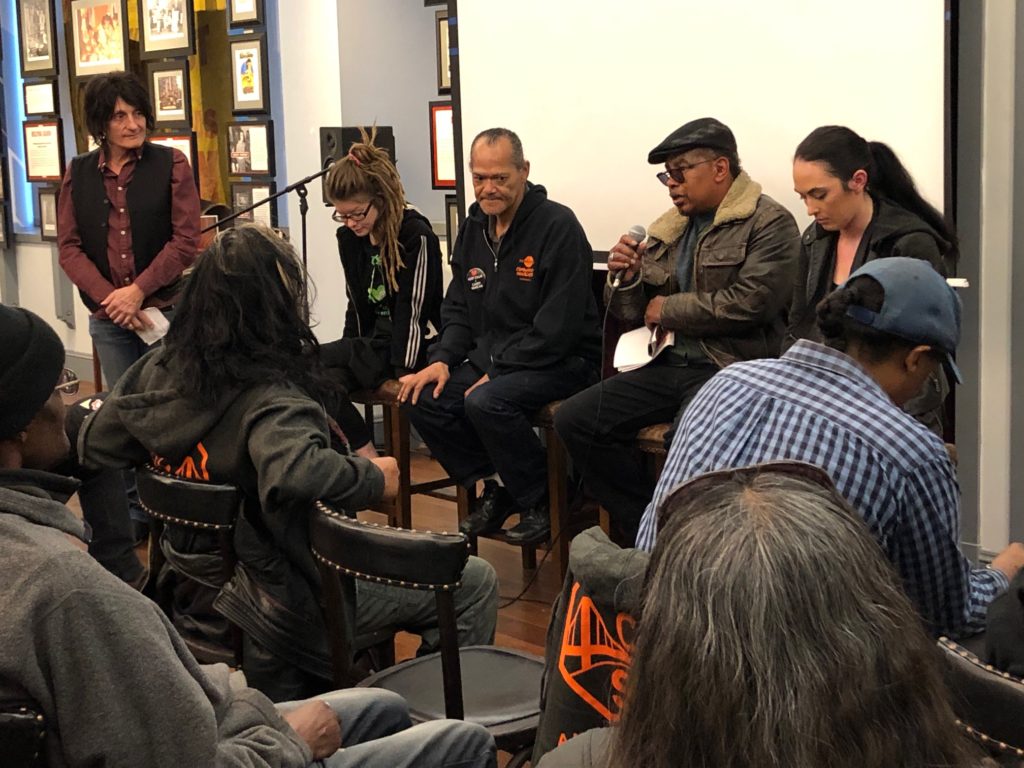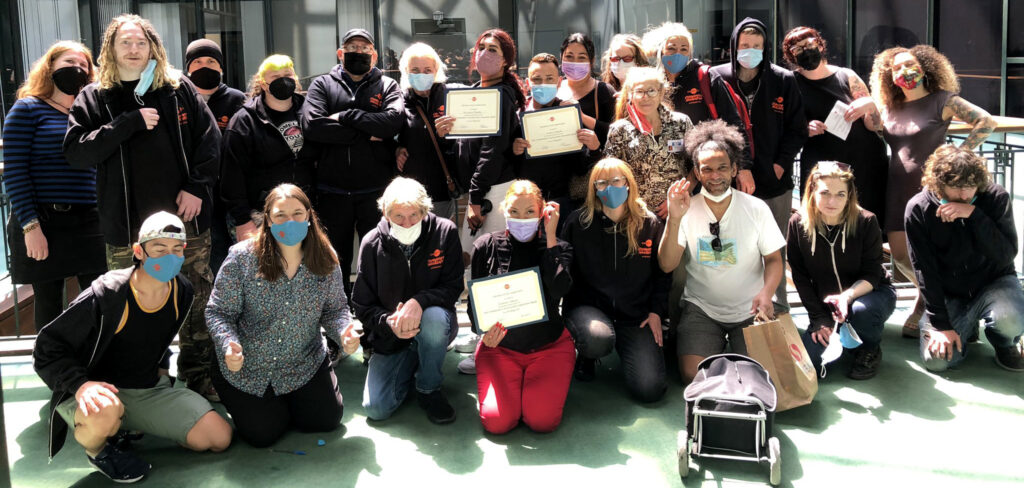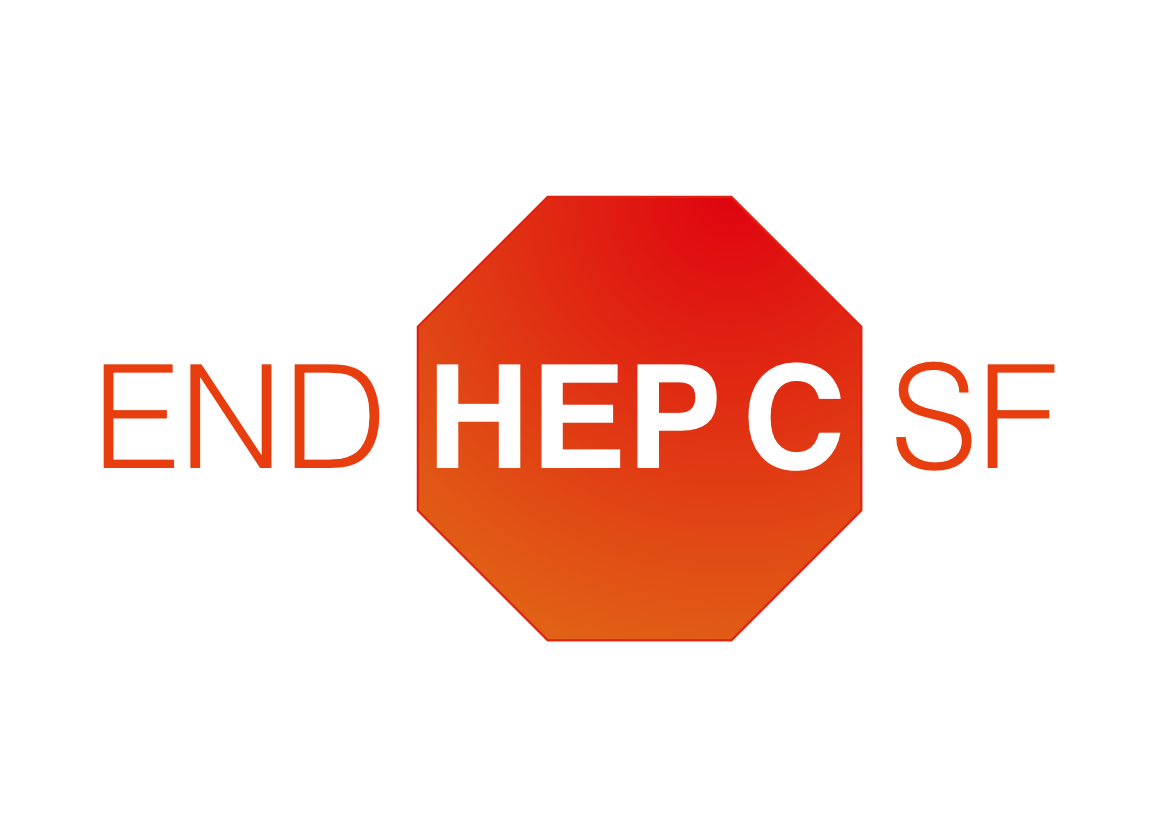The End Hep C SF Community Navigator Program
In 2018, End Hep C SF called for local community-based organizations (CBOs) to apply for funds to pilot a Community Navigator program where people with “lived experience” act as advocates for individuals living with or at risk for hepatitis C (HCV), receiving continued training and community building check-ins. Three agencies were each granted $20K for an initial 6-month cohort. Grantees use funds to support programming, including providing financial incentives to navigators for their work. Now, in 2024, the program is in its eighth cohort, with two grantees – GLIDE and the San Francisco AIDS Foundation – after a hiatus of programming in 2020 and early 2022 due to COVID-19.
Many participants are able to testify to their experiences with receiving treatment to cure HCV, current or past substance use–particularly injection drug use, and/or facing housing instability or homelessness. This program keeps participants engaged and inspired, and affords a way to tap into their networks of people who still need support.
Every 6 months, End Hep C SF provides three afternoons of training to a new cohort. Topics include:
- HCV overview
- Boundaries and disclosure
- Motivational interviewing
- Basic data collection
- Cultural competency in working with people who use drugs
- Harm Reduction 101, including naloxone training
At this initial training’s conclusion, navigators receive a certificate of achievement and exclusive merch. Each agency checks in with its cohort weekly and provides supplemental trainings tailored to their individual cohort. End Hep C SF also holds regular dinners and community-building events. The purpose of this is to provide ongoing training opportunities on subjects requested by the navigators, to create a space for community, to celebrate the work and to energize participants.
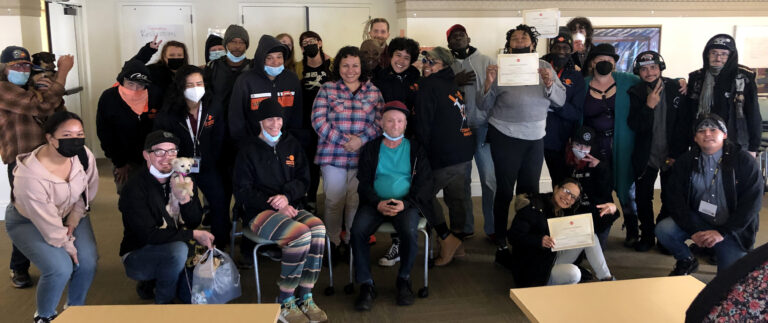
We continually monitor our work to see where we can make improvements and adjustments using the following questions:
- What preliminary results and short-term outcomes were produced by the program?
- What are participating agencies learning about effectively building and operating community navigation programs for people with HCV?
- What lessons can End Hep C SF draw from the program that can inform future community-based efforts to reach people with HCV who face barriers to accessing testing and treatment?
- How can we grow and expand the program to include additional populations?
Data Collection
A data sheet for Navigators to log their work serves the dual purpose of helping us to evaluate our program, and providing some “career development” opportunities for Navigators: many have worked in more “informal” settings, and this is a low-threshold way of providing professional training.
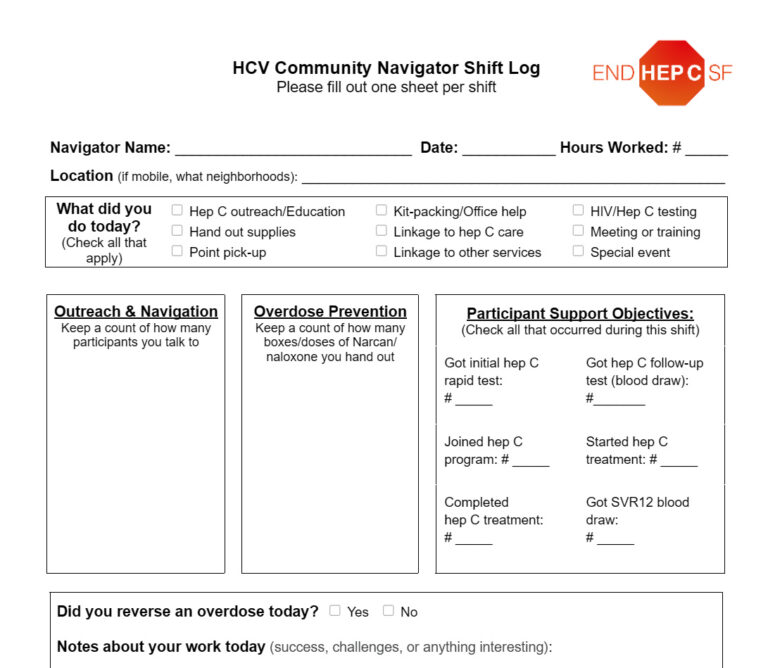
Community Navigation/peer-based programming can be an effective intervention in the “toolkit” of local public health efforts. In addition to increasing testing and linkage to treatment, other benefits occur such as overdose reversal, community education, community building and the creation of a support system for each other and for the communities they serve. Agencies report how crucial an element the community navigators are to their work in harm reduction. Navigators report increased confidence, self-esteem and motivation, desire to learn more and further their work in the field, and decreased drug use, depression and feelings of isolation.
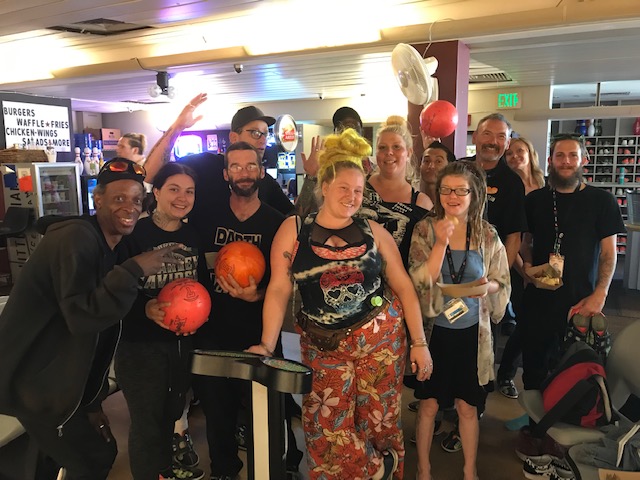
Next Steps
In 2020, while on hiatus, we developed a partnership with the UCSF NOW Study to create a “next level” assignment for experienced community navigators as a more COVID-safe iteration. The 2020 model involved incentivizing community navigators to aid the NOW Study with testing and treatment screening and intake, distribution of health and harm reduction supplies, and provision of outreach. Seven Navigators engaged in the program, all making a tremendous contribution to the study while gaining valuable on-the-job training. We seek to build on this model by creating additional opportunities for program alumni in the community.
Navigators can also continue the program, several repeating the training multiple times. Many go on to take on leadership roles and build their knowledge and training in other ways, including enrolling at City College of San Francisco, exploring volunteer opportunities, and gaining full time jobs in the community. Several navigators can be seen in our videos “Community Leads the Way” and “The Power of the Hep C Cure“.
In 2018, when our videos were released, we invited some of the navigators to present on their experiences to a room of peers and allies at a film release party in the Tenderloin district of San Francisco.
